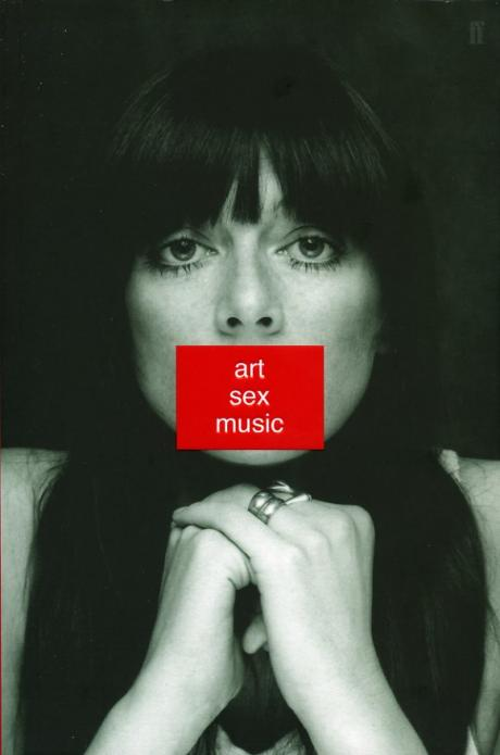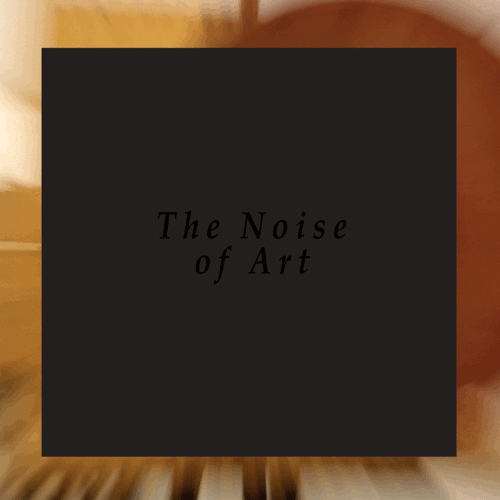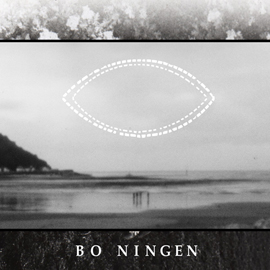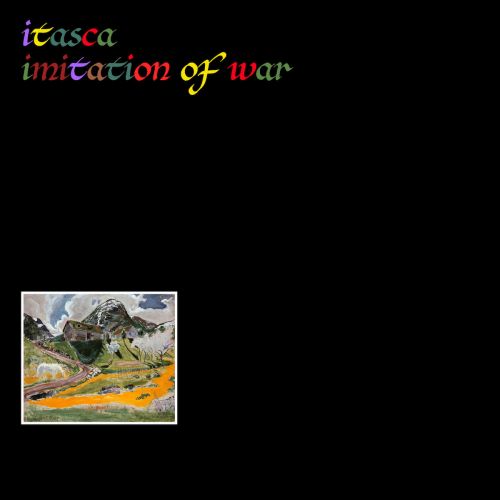 A long time ago, I wrote that Genesis P Orridge singing “marmalade” in Throbbing Gristle‘s “Hit By A Rock” on D.O.A. was the key moment in industrial music, a moment that most of the “industrial” artists that stomped around in the wake of TG utterly missed. You couldn’t imagine SPK or Clock DVA or Nine Inch Nails or whoever having “marmalade” in their lyrics, but TG’s perfection, and what set them apart from all those ‘My Dad’s Bigger Than Yours’ copyists, was in understanding that the small, prosaic, details of life was where the Devil really was.
A long time ago, I wrote that Genesis P Orridge singing “marmalade” in Throbbing Gristle‘s “Hit By A Rock” on D.O.A. was the key moment in industrial music, a moment that most of the “industrial” artists that stomped around in the wake of TG utterly missed. You couldn’t imagine SPK or Clock DVA or Nine Inch Nails or whoever having “marmalade” in their lyrics, but TG’s perfection, and what set them apart from all those ‘My Dad’s Bigger Than Yours’ copyists, was in understanding that the small, prosaic, details of life was where the Devil really was.
TG was life-affirming not death-seeking. Reading Cosey‘s long-awaited autobiography clarifies this and makes this take on the world clearly emanate from her. This is her understanding of life, of art, of Art and what’s beautiful about it is that she’s continually paying attention to the smallest details, rather than drowning in nostalgic glows or theatrics. The people in this book are utterly human. All too human, in some cases.
All the way through this book there’s an (un)steady lurch between High Art and spectacular ordinariness. London in the 1970s, in particular, is really brought to life in these pages. Blink 23 times and this could be a David Peace novel. It’s interesting now close everything is; the underworld, the overworld, the world of celebrities crashing into the world of Art, settling next to the world of stripper parties and sleazy (not Sleazy) camera-shoots. The shadows are full of life. This book is full of sights and sounds and smells. Cosey as a kid playing in the wreckage of a bombed-out Hull, the creeping fear of hospitalization and illness, stripping for a bewildered David Thomas, eating crayons on a concrete floor, Mick Ronson mowing the lawn, flashers and fissures bleeding into solemn, beautiful reminisces of family life and loss…You also get some understanding that the Art of Cosey is in the mind of Cosey — which is perhaps why others can’t always see it, and her work keeps being either devalued, denigrated or regarded with terrible suspicion. It’s not pornography and yet it is pornography; it’s high Art and it’s low art. It’s a subtle thing, and you get a sense of it through these pages, even if you also get a sense of the frustration (and eventual vindication) that she feels when she’s misrepresented. Even Genesis claims not to get it, or pretends not to, but we’ll come to him later.
There’s some of the tropes we might expect from such a girl: sexual precocity / pre-Cosey-ity in the imagined flashlight of Nuclear War (Now), memories of being spanked by her uncle; what would now be patronisingly called “daddy issues” — as a great woman once said: “It’s not me that has daddy issues, but my piece-of-shit father might have.” That said, it’s no surprise that her true love, her (erratic) heartbeat, is also an electronics fan, like her dad, and her love for Chris Carter and her family just glows through this book. If you’re expecting mulch and murk, well there’s plenty of that in here, but there’s also a massive amount of light and love and a gentleness that perhaps the casual listener or watcher (you get the sense that Cosey always had her fair share of close observers) might have noticed only subconsciously. She’s not scary; she’s lovely. She might be injecting blood and milk into her vagina, but you also get the sense she’d be lovely company for a chat and a cup of tea. More milk, vicar?I say that “marmalade” was the key moment, but this is not to say Genesis was the key figure. This book is clearly about Cosey and it’s her attempt to set the record straight, to make her (and Chris’s, and Sleazy’s — she is as immaculate with her praise as she is with her gentle, disappointed, scorn) position at the forefront of TG clear. She’s brimming with ideas from the very beginning; she sees Art’s electric charge, the way it’s possible to life a life of purity, even amongst a life of dissolution, even amongst the emotional wreckage of communal living in Hull during the ’60s and ’70s. But, she’s also clearly disappointed with some of the people in her life, which brings us back, briefly, to Genesis. It’s hard to comment on this book without commenting on GPO. He’s ghastly, almost from the beginning, and Cosey does brilliantly to keep things together, sensing that Coum and TG will outlast this iconoclastic but disastrous little bully, this emotional vampire. She gets that the Art is the thing, the project is important, more important even than, at times, her own happiness. She sticks with Genesis — they all stick with him, actually — way longer than normal people would suffer.
As a memoir it works all ends up. We find out new things, old truths are clarified or batted away, like irritating wasps. Cosey holds her head high throughout, is majestic at times, but she’s also very self-effacing; she’s behind a lot of the best things that TG, for instance, does, but she wears this influence lightly… she’s proud but never comes across like she’s full of herself. For someone with an (imagined) fearsome reputation as an “out there” artist, this memoir succeeds because the details unfold at a gentle pace… you don’t get any sense of bitterness about the things that have gone awry, just a sense of wonder related to the things that have gone right. That kind of positivity, in these awful times, is exactly what we need.-Loki-



